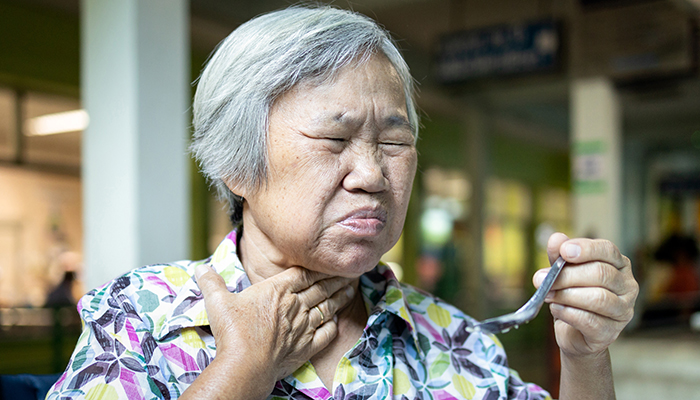“But I wasn’t there when she died”
Many of us hold unconscious covenants with our kin. Among the most poignant, perhaps, is a commitment to “be there” when death is near. As adults, we may feel an obligation, and an honor, to be with our parents as they leave, just as they helped us enter. With our spouses, the ultimate commitment—’til death…
Read MoreCaregiving as a team
Millennials and Gen Xers are using strategies that might benefit family caregivers of all ages. Nearly half (47%) of adults in their 40s and 50s now find themselves “in the sandwich.” They serve as primary support people for an aging parent. Plus, they have children who are still at home or at least financially dependent.…
Read MoreRepetitive questions
“When are we going out?” A reasonable question under normal circumstances. But if the person you care for has dementia, you may get this question multiple times in an hour. Aargh! Indeed, repetitive questions are one of the top irritants mentioned by family caregivers whose loved one has dementia. The repetitive questioning isn’t done intentionally,…
Read MoreHelp prevent choking
Swallowing involves the coordination of many muscles in the mouth and throat. The action pushes chewed food down toward the stomach. At the same time, the throat needs to close off the windpipe to the lungs. Between 15% and 20% of older adults have trouble swallowing. Choking while eating or drinking is the fourth-leading cause…
Read MoreAssembling your support team
Much as we would like to imagine an elderhood free from troubles, the truth is, we are all likely to need help eventually. And on several levels. Informal support. This is the kind of help that friends and family members can provide short term. Someone to run errands or mow the lawn, etc. Make a…
Read MoreHow to beat “decision fatigue”
Caring for an ill family member often requires taking on the role of “decision maker.” Sometimes it’s multiple mundane decisions (Should you ask your sister to do the shopping? Is this a good day to shower Mom? Now or after lunch?). And sometimes it’s several important health decisions, all in a short period of time.…
Read MoreOsteoporosis: What you can do
If you are concerned about a loved one’s osteoporosis—brittle bones—it’s a good idea to bring this up with the doctor. He or she will likely discuss various medicines that can help. In addition, changes in daily life outlined below can go a long way to making stronger bones. Consider: Diet: There are two key nutrients.…
Read MoreWhat’s in an Alzheimer’s test?
When symptoms of memory loss or confused thinking arise, it’s natural to wonder: Is it Alzheimer’s? There is no specific test for Alzheimer’s disease. To achieve a diagnosis, doctors typically order a variety of tests. Most of the tests are to rule out the many, many conditions besides Alzheimer’s that can cause similar symptoms. Some…
Read MoreThe importance of staying connected
Staying connected is extremely important. Isolation and loneliness are not just sad situations. They have been shown to increase the likelihood of dementia, depression, and heart disease in older adults. Even early death. As a family caregiver, you may be struggling to find ways to have meaningful interactions. Especially if the person you care for…
Read MoreHow to pay for care
Most people are surprised to learn that Medicare pays for only a limited amount of the daily care you are likely to need in your lifetime (about 14%). Medicare covers only services delivered by medically trained professionals. That means you need to have savings or insurance and rely on a collection of local programs. Or…
Read More









